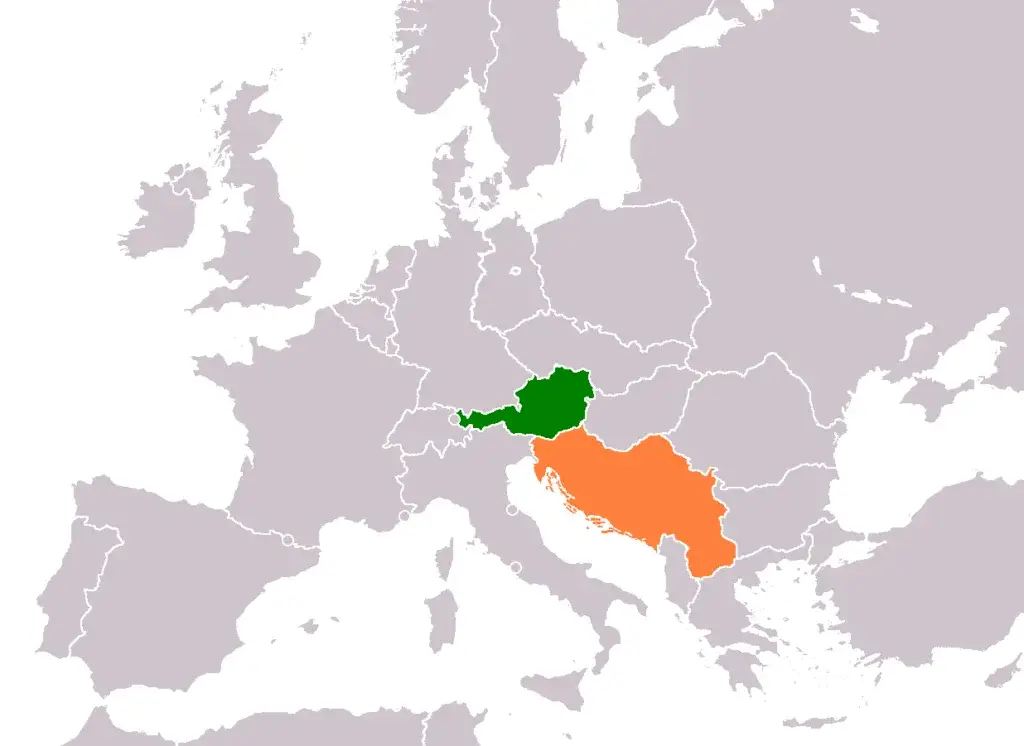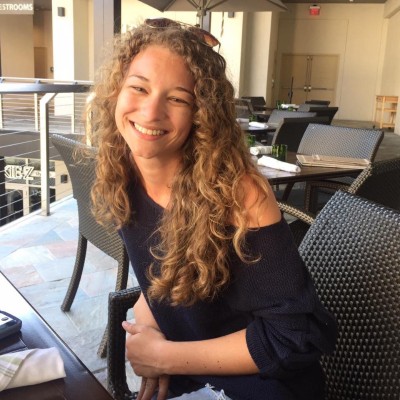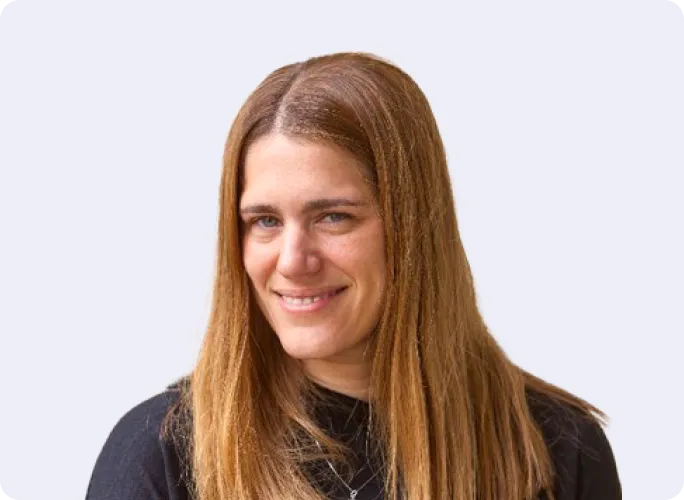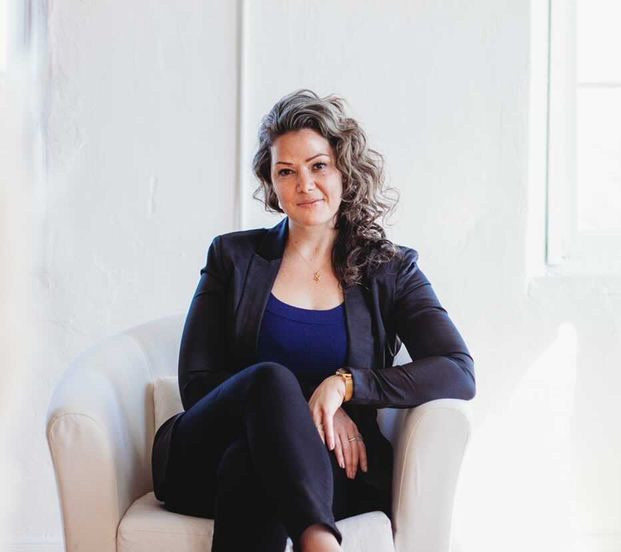No matter where you come from or where you’re going, every immigrant’s journey is unique. Sergio Paluch—co-founder and managing partner of Beta Boom, a pre-seed and seed fund investing in overlooked founders—is no exception.
He has made it his life’s mission to dismantle inequity in venture capital and disrupt industry norms. For Sergio, where you’re born shouldn’t dictate your future.
Today, he’s built the life he once dreamed of: running Beta Boom with his wife and co-founder, Kimmy, and raising their two boys in Salt Lake City. But this vision didn’t come easily.
Sergio’s childhood was a fight for survival—a relentless grind through uncertainty and adversity. Yet through it all, he learned to persevere, defy odds, and ultimately, thrive.
Childhood and Communism
Sergio, short for Sergiusz, was born and spent his early years in a small resort town in communist Poland, popular for its natural mineral baths.
Sergio was always surrounded by family, which made up for being an only child. Some of his fondest memories were summers spent following his grandfather around their small family farm.
Every visit turned into a hands-on lesson, with his grandfather, a high school biology teacher, explaining concepts like water molecules. "He was kind of my early idol," he says, smiling. "I think that helped me develop a love for science."
But his childhood innocence wouldn't last. His parents had loose ties to the Solidarity movement, and his uncle had recently fled to the U.S., making his family a target.
One night, without warning, the Milicja Obywatelska (Citizens' Militia) broke down his front door and began ransacking their entire apartment. They destroyed without prejudice, smashing his mother’s antique china along the way.
"The most traumatizing thing was they grabbed my teddy bear and [decapitated it]," he recalled. To this day, he remembers the grease smell from the soldiers' guns. "That's when we decided to escape."
"They caught us"
The day of the departure, Sergio was clueless. His parents packed their lives into suitcases and loaded the 7-year-old into their car, telling him they were going on a family trip.
Once his parents pulled out of their driveway, the family never looked back. They drove from Bulgaria to Hungary, eventually arriving in Yugoslavia – abandoning their car along the way.
They met their contact, a former police chief, and paid for his services. His parents learned from other refugees that the journey would take them from Yugoslavia to Austria, traveling via foot through a 4-mile train tunnel.
The group set out at dawn, carrying only backpacks and flashlights. At the tunnel entrance, they were met with darkness – a gaping blackhole and disheveled tracks directing them down the only path to freedom.
"Even with flashlights, you could only see maybe 2 feet in front of you," he recalls. "You couldn't see the walls or even the ground."
To avoid detection, the group was told to retreat over the rocky terrain to the tunnel's recesses.
Then, about 500 meters in, his mother tripped on the rails, breaking her arm. There was no one with medical resources, so the family had to keep pushing forward.
The party only made it about a kilometer before someone alerted them to danger. Bodies dissolved into the shadows, and Sergio found himself crushed into a corner with a stranger, father, and mother – still cradling her broken arm.
They spotted an approaching train equipped with a searchlight, scanning the tunnel for human life. As the train moved forward, the four of them quickly became hyper-aware of the man’s bright red backpack, which was loud enough to draw attention.
"Sure enough, they shined the light and saw we were hiding," he recalls, coming face-to-face with the Yugoslav border guards. They proceeded to pull everyone out of their hiding spot. His father was jailed while he and his mother were sent to a local hospital.

After being discharged, the pair were sent to a Yugoslav immigration camp and applied for political asylum in the United States, Canada and Australia – all of which were denied. With few options, they returned to the police chief’s hideout.
There, they met a sympathetic woman whose brother in West Germany arranged their smuggling into Austria. The plan called for Sergio and his mother to go first, with his father following once released.
After reaching safety, they could only wait for word. For two weeks, there was silence. 'We never thought we’d see him again,' Sergio says. 'But he did eventually make it.'
Decades later, Sergio still chokes up remembering his father walking through the door – what he calls the happiest moment of his life."
Starting Over
Reunited, the family moved to another refugee camp in Austria. After their initial asylum request was denied, they reapplied to the U.S., Canada, and Australia—and this time, the U.S. approved them.
They settled just outside of Boston in Chelsea, also known as the "Bronx of Boston." His transition from a small quaint town to the gang run streets of the 1980s was jarring.
Sergio's parents – a physical therapist and child psychologist in Poland – found their credentials worthless in America. They both were forced to work 2-3 jobs to keep the family afloat.
But the longer they were in the country, the better off they became. His father worked as a physical therapy assistant while earning his U.S. license, eventually earning the nickname "wizard of Western Mass."
His mother enrolled in dental hygiene school, and landed a job in Ludlow. Thanks to her new position, they were finally able to leave Chelsea behind, upgrading to the suburban town of Ludlow.
Sergio says his mom's journey was pivotal to his current success, emphasizing that she is a "badass."
"My parents completely gave up their safety net and way of life," he divulges. "My mom re-schooled herself – twice – to become an [optometrist]."
She became an embodiment of the idea that anything is possible – a mindset that set the stage for his ambitious career path.
Lost and Found
As Sergio's parents steadily climbed the socioeconomic ladder, it led to more opportunities for their son. His father, determined to secure his son's future, worked two to three jobs simultaneously to afford boarding school - sacrificing to give Sergio the best education possible.
"Boarding school proved transformative, exposing Sergio to the world's possibilities through education and powerful networks. This foundation led to his acceptance at Dartmouth College, where he earned his B.A. in physics and economics.
He continued on to pursue a master's degree, initially planning to become a physics professor. But when he found the required research 'so damn boring,' he abandoned the program—suddenly untethered.
'I both had a trajectory and was completely lost,' he recalls of that disorienting transition.
Then he met Kimmy, his future wife and Beta Boom co-founder – in an instant, everything change. “I mean, this is gonna sound super cheesy, but it was literally love at first sight,” he chuckles.
Sergio went out of his way to spend time with Kimmy. They developed a friendship over time, with Sergio eventually getting the nerve to ask her out.
Kimmy agreed and the two went on their last first date.
Path to Beta Boom
By the time the couple was engaged, they moved their lives to San Francisco where Sergio had secured a job at Google. They decided to get married soon after, which was followed by Sergio leaving Google to join Kimmy at a web development shop. In 2005, the young couple decided to take a major leap, leaving their stable jobs to launch Boom Factor, an innovation consultancy firm, which became their project for the next 12 years.
Over time, he reflected more and more on his journey from refugee to Dartmouth. He began to understand how much a zip code can determine one's opportunities in life: “Even valedictorians at my [public] high school faced dead ends."
This conviction became core to Beta Boom's founding in 2017. The firm was built to invest in overlooked founders - a mission that reflects Sergio's own journey.
“My dad taught me the power of passion of doing something that you really, really love,” Sergio explains, something that became the underlying philosophy of Beta Boom. “We really love investing in founders that are super passionate [...] that's how you become world class,”
Like his hardworking father who never retired, Sergio can't imagine trading his work with entrepreneurs for a life of leisure.
“I could see myself doing what I'm doing for[the rest of] my life and not ever putting it down,” he says. “It's such a huge pleasure to work with these brilliant folks that are solving huge, meaningful problems.”





